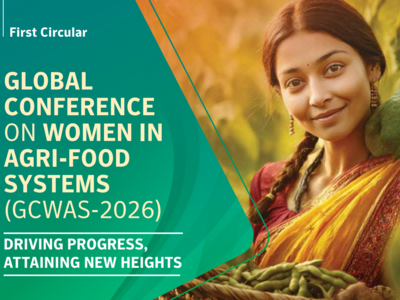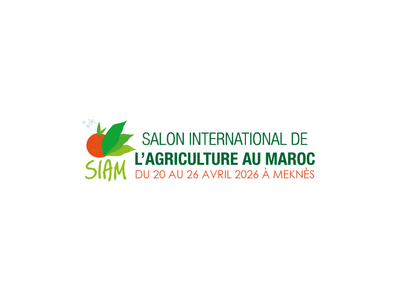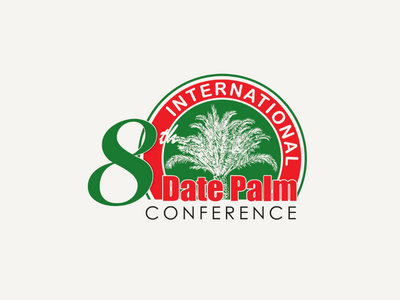PRIMA training course Tunis
Tunis, 6-7 November 2019. Training workshop PRIMA – Partnership for Research and Innovation in the Mediterranean Area is the most ambitious joint programme to be undertaken in the frame of Euro-Mediterranean cooperation.
PRIMA aims to:
- “build research and innovation capacities and to develop knowledge and common innovative solutions for agro-food systems,
- to make them sustainable, and for integrated water provision and management in the Mediterranean area,
- to make those systems and that provision and management more climate resilient, efficient, cost-effective and environmentally and socially sustainable,
- to contribute to solving water scarcity, food security, nutrition, health, well-being and migration problems upstream”.
- to contribute to United Nations’ Agenda 2030 through the achievement of the Sustainable Development Goals (SDGs).
PRIMA consists of European Union Member States, Horizon 2020 Associated Countries and Mediterranean Partner Countries on an equal footing basis (co-ownership, co-management and co-funding) with the Participation of the European Commission, under the framework of an art.185 TFEU.
Video interviews
The African Membrane Society and Water Purification
Interview (in French) with Professeur Raja REKIK BEN AMAR Department of Chemistry - Laboratory of Material Science and Environment, Vice-president of the African Membrane Society (AMSIC)
Professor REKIK BEN AMAR answers the following questions:
- What is the urgency of water purification?
- What impact can purification have on agriculture?
- How is the collaboration with the private sector?
- What is the interest of the private sector in Tunisia? -
- Can the production of large-scale membranes be done in Tunisia?
- What is the role of the African Membrane Society?
L'intérêt du secteur privé pour des capteurs innovants pour l'agriculture
Interview avec Prof. M. Hachicha National Research Institute in Rural Engineering, Water and Forestry, University of Carthage | UCAR
- Quel est le défit des capteurs actuels?
- Quel est l'intérêt des compagnies Européennes?
- Comment les start-ups Tunisiens peuvent ils bénéficier d'une nouvelle génération de capteurs?
- Est-ce que cela peut également avoir des retombées sous-régionales?
- Est-ce que ces capteurs peuvent également être utilisés pour les plantes?
- Comment cela peut bénéficier le petit producteur?
- Quel système de subside pourrait être utile au petit producteur?
l'Association Eau et Developpement de la Tunisie
Interview avec Faten Jarray Horriche, Presidente Comite Tunisien
d'Hydrogeologie.
- Quel est le role de l'Association Eau et Developpement?
- Quelles sont les plus importantes realisations de cette Association?
- l'Association Internationale des Hydrogeologues peut-elle contribuer a une cooperation sous-regionale?
- Quels sont les themes traites lors de ces rencontres?
- Quelles sont les regions ou secteurs les plus critiques en Tunisie?
Adding value to the prickly pear
 Interview with Drs. Selmi AIDA, Research engineer, Tunisia. She answers following questions:
Interview with Drs. Selmi AIDA, Research engineer, Tunisia. She answers following questions:
- Which natural products are you producing?
- What are the funding opportunities in Tunisia for such research?
- Did you already benefit from European research funding? NETKITE – Cross-border NETwork to foster Knowledge intensive business Incubation and TEchnology transfer, is the ENPI CBC MED project designed to convey innovation born in research labs into the industrial system and promote the mutual exchange among young spin-off companies or with more mature enterprises already operating on the market; this model is already adopted by several business incubators and technology transfer bodies.
- Which natural product has the greatest consumers' demand?
- How did you start working on the prickly pear (see picture)?
- How did you connect with a European partner?
- What is the importance of international networks?
Funding dilemmas for innovation in agriculture
Interview with Elies Hamza, Directeur Institution de la recherche et de l'enseignement supérieur Agricoles (IRESA) - Tunisia. He answers following questions:
- What is the importance of innovation in agriculture?
- Have research institutes the capacities to draft innovation business plans?
- What are the funding opportunities to fund innovation in agriculture?
- Are European funding opportunities appropriate for innovation?
- Can Leap4FNSSA help with research topics priority setting at sub-regional level?
- How can we overcome administrative hurdles which are different for every North African country? - Is PRIMA funding attractive for young researchers and innovators?





